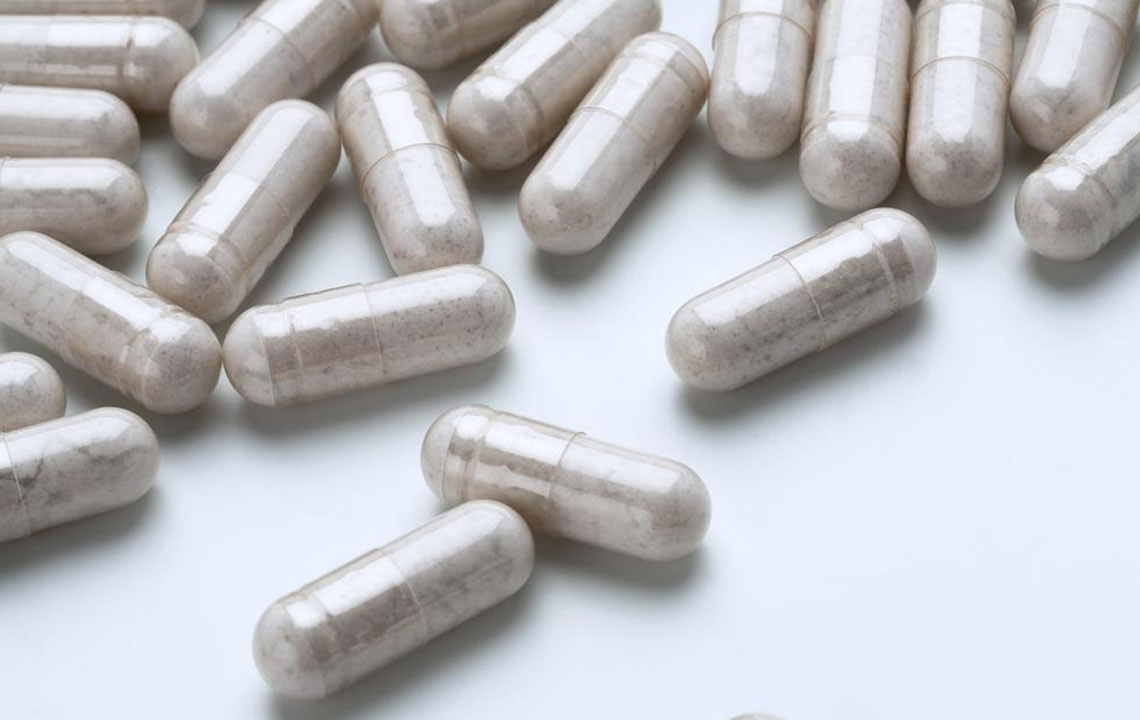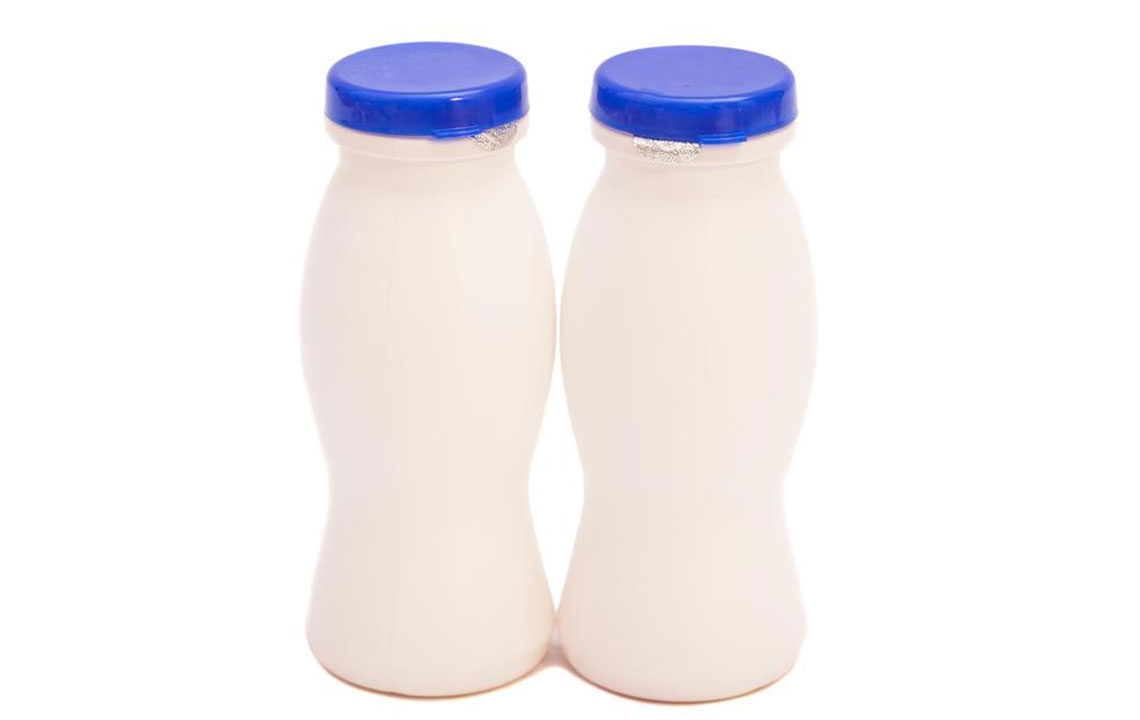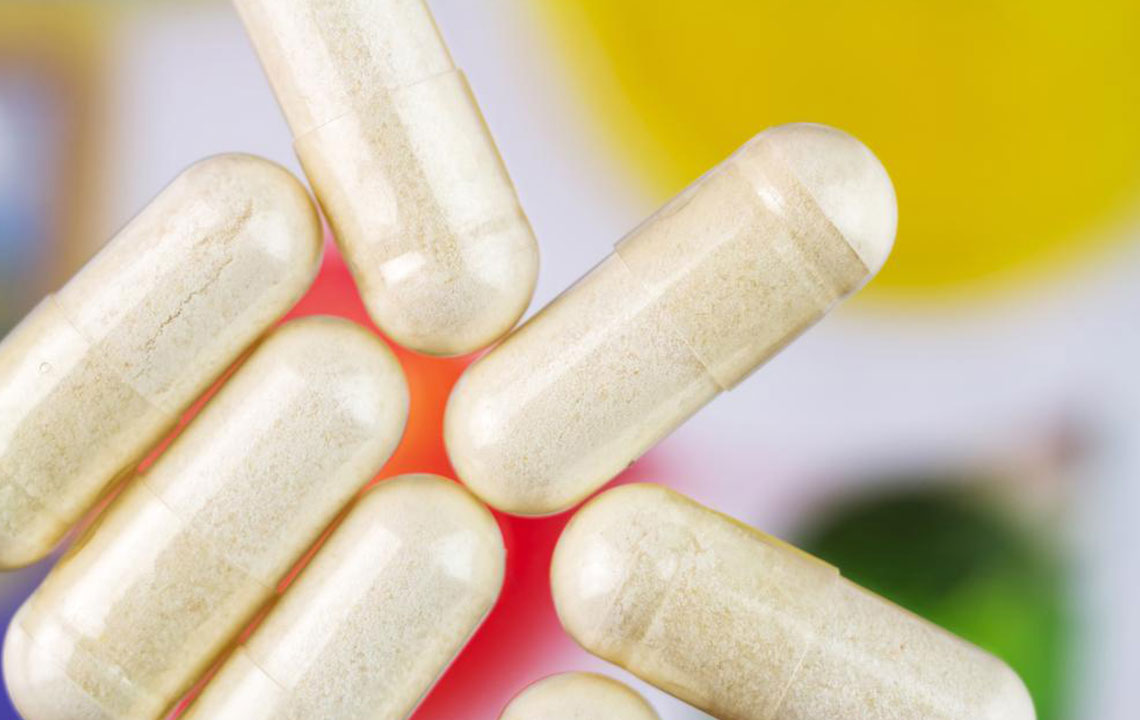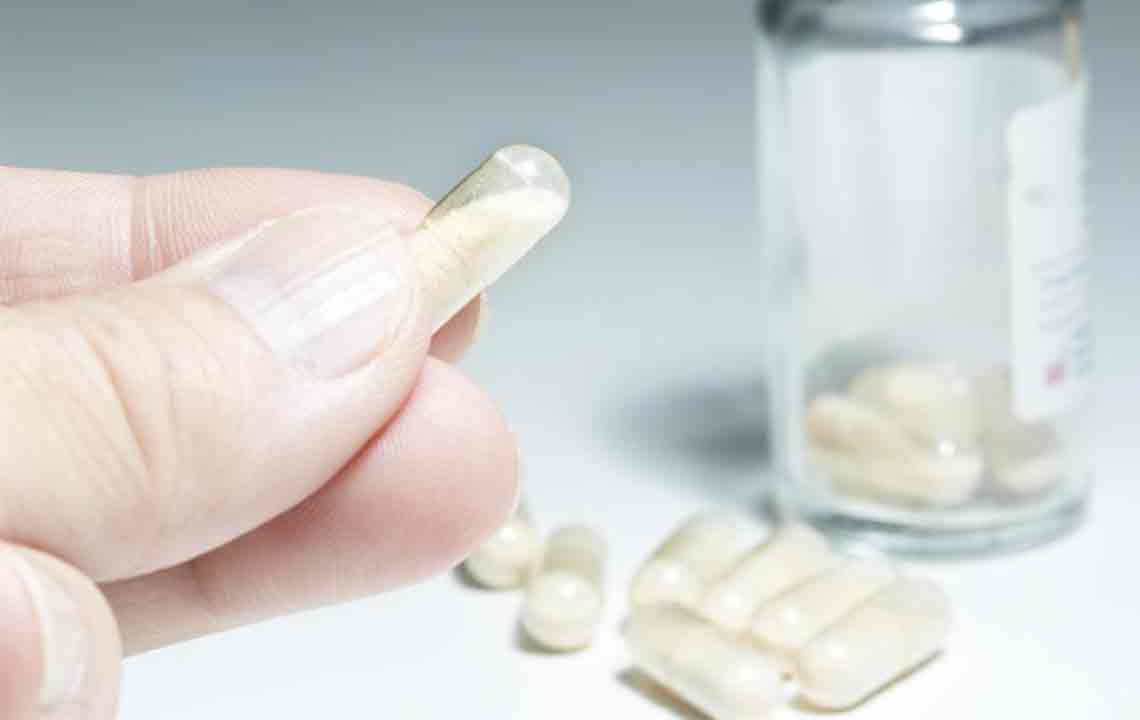Understanding Probiotic Therapy for Crohn’s Disease Management
This article explores the role of probiotics in managing Crohn’s disease, highlighting their benefits, sources, and potential side effects. Probiotics help restore gut health, reduce inflammation, and support remission in Crohn’s patients. The article emphasizes the importance of consulting healthcare providers before use and provides insights into natural probiotic foods and supplements. As scientific research advances, probiotics are emerging as a promising adjunct in Crohn’s disease treatment, offering hope for improved quality of life for those affected.

Understanding Probiotic Therapy for Crohn’s Disease Management
Crohn’s disease, also known as Ileitis, is a long-term condition that inflames the digestive tract, leading to significant health challenges and reduced quality of life. Named after Dr. Burrill B. Crohn, who identified it in 1932, approximately 500,000 Americans live with this ailment. The condition manifests through symptoms such as diarrhea, fatigue, abdominal pain, blood in stool, sudden weight loss, and reduced appetite. If you experience persistent bowel changes, prompt medical consultation is essential.
Causes and Factors
The exact cause of Crohn’s remains uncertain. While initially diet and stress were suspected to trigger it, current understanding points to genetic predisposition and immune system dysfunction as primary factors. Sometimes, an infection by bacteria or viruses can activate the immune system to mistakenly attack the digestive tract’s healthy cells, exacerbating the disease. Genetics may also play a role, although Crohn’s can occur even in those without a family history.
Role of Probiotics in Crohn’s Disease
Probiotics are live microorganisms added to the diet, aimed at restoring the balance of good bacteria in the gut. They represent a modern approach to managing Crohn’s, with scientific research supporting their benefits. Available in various strains and formulations, probiotics contain beneficial bacteria that can help reduce intestinal inflammation. Their use has shown promise in managing certain types of diarrhea, notably Clostridium difficile infections, and in supporting gut health in Crohn’s patients.
The colon relies on these helpful bacteria, particularly Bifidobacteria, to solidify waste and reabsorb water and electrolytes. Introducing probiotics rich in Bifidobacteria can aid in restoring healthy gut flora, which is often disrupted in Crohn’s disease. This approach can be effective both in ongoing management and in maintaining remission following medication or surgery.
Effectiveness and Benefits of Probiotics
Research indicates that probiotics are especially beneficial in colonic Crohn’s disease. They improve the gut’s microbial environment, which can support healing and symptom relief. Fermented foods like yogurt, kefir, and kimchi are good natural sources of probiotics, containing multiple bacterial strains that promote a healthy digestive lining and strengthen immune defenses.
Potential Side Effects
Diarrhea
Cramping
Skin Rashes
Bloating
When consuming probiotics, maintaining hydration is important. If adverse effects become severe, consulting a healthcare professional is recommended. As probiotics are relatively new to mainstream medicine, individual responses may vary, and it may take time for your body to adapt. While a complete cure for Crohn’s is still elusive, probiotics offer a promising supplemental treatment to help manage the condition.
Ongoing research and clinical trials continue to evaluate probiotics' potential in Crohn’s therapy, representing a significant scientific advancement in digestive health management.
Note:
The information shared here aims to educate and inform about Crohn’s disease and probiotic therapy. While it can be useful, it should not replace professional medical advice. The site disclaims responsibility for inaccuracies or differences in data across sources. Always consult your healthcare provider for personalized treatment options.










